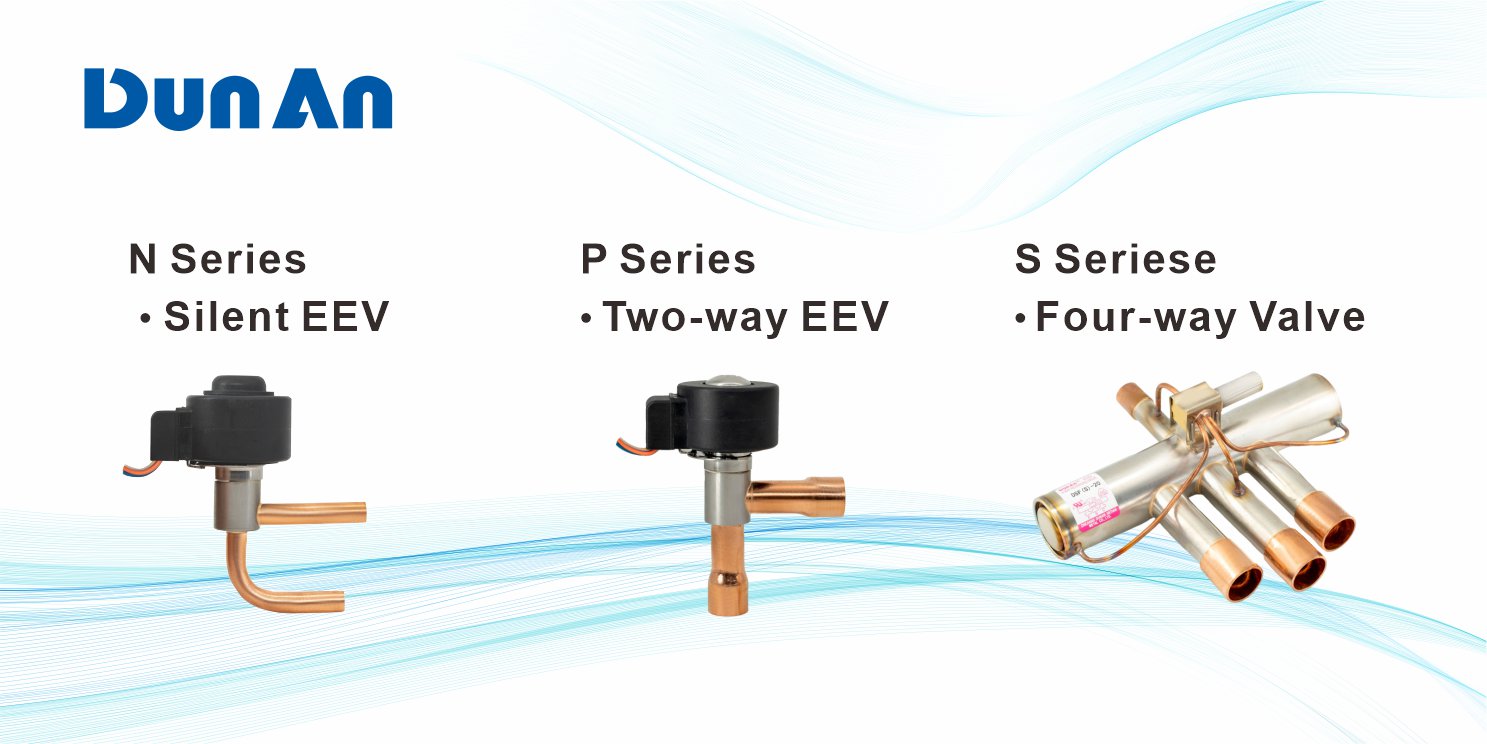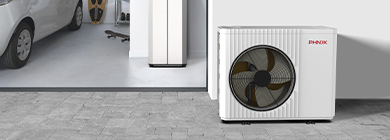All News
GEA Refrigeration Inaugurates New Plant in Dijon

GEA Refrigeration’s freezing tunnels and other types of freezing systems were exclusively manufactured in Canada until recently, but this has changed: in June 2013, GEA Refrigeration launched producti...
Cooltech Makes Breakthrough in Marketing of Magnetic Applian
Cooltech Applications has secured 8 million euro in funding from two investment funds and will be able to launch the production of magnetic refrigerators. The first refrigerant-free refrigerators will be rolled off the assembly line at the end of 2013. The company aims to produce 10,000 units during the first year and expand its annual production volume to 500,000 units by 2017. Cooltech Ap...
Peak Power Consumption during Heat Waves
A major heat wave has hit France this summer and power consumption is higher than usual (a 2,000 MW increase per day). This increase is due to intensive use of air conditioning systems. A 1°C increase of temperature gives rise a 500 MW increase in power consumption, which surged soon after the temperature reaches around 18°C. A 2,000 MW power consumption costs consumers an additional 250,000 euro ...
Ciat Provides AHUs for Louvre Lens Museum

To ensure the collections are well preserved, museums must maintain temperatures and humidity at very precise levels. Ciat provided 60 units of air handling units (AHUs) for the recently opened Louvre...
Toshiba’s Technology Briefings Attract UK Industry

Toshiba Air Conditioning, a division of Toshiba Carrier UK, is rolling out a series of technology briefings to update consultants and contractors about the latest developments in air conditioning and ...
Safety in Ammonia Systems
In a paper to a recent IIR conference, Dr. A. Pearson summarizes the major causes of reported incidents in ammonia refrigeration plants as follows: mistakes made during maintenance, lack of expertise in the personnel, using inherently unsafe procedures and progressive modifications made to the plant over a number of years. He considers that some of the current safety standards are too high and som...
Humidity Control by Direct Injection
A 5,000 m2 prestige office building in Germany is using a direct injection system to control humidity on two floors, where having the right relative humidity (RH) was thought to be a critical factor in staff liaison with customers - too dry an atmosphere (below 40% RH) is said to be injurious to voice production and affects the eyes and breathing. The decision to decentralize humidification...
Chiller Rentals Industry in Germany
Originally developed as a quick-fix solution to central plant failure or for short term cooling projects, the rented chiller is finding a new role in permanent installations. This takes first cost out of the equation and can include skilled maintenance and upgrading as part of the contract. The idea becomes particularly appealing when compressor packages have to be written off because they need be...
Domestic Ventilation in the UK
Mechanical ventilation for houses is a relatively new concept in the United Kingdom - made a necessity by the much higher standards of air tightness now in force - but it seems that most of the systems do not live up to expectations. In a small sample of dwellings tested by BSRIA, almost all systems were failing to deliver the design air flow rate. The most common fault was wrongly designed or bad...
Changing Viewpoints on Thermal Comfort
The drive to reduce energy demand in buildings is forcing a rethink on longheld standards of thermal comfort in buildings. Earlier reports in this column (October 2012 and June 2013) have suggested that higher indoor temperatures in summer may become acceptable through behavioral changes. The impact of other factors such as air quality, noise and lighting are to be explored in new ‘sensory’ labora...







